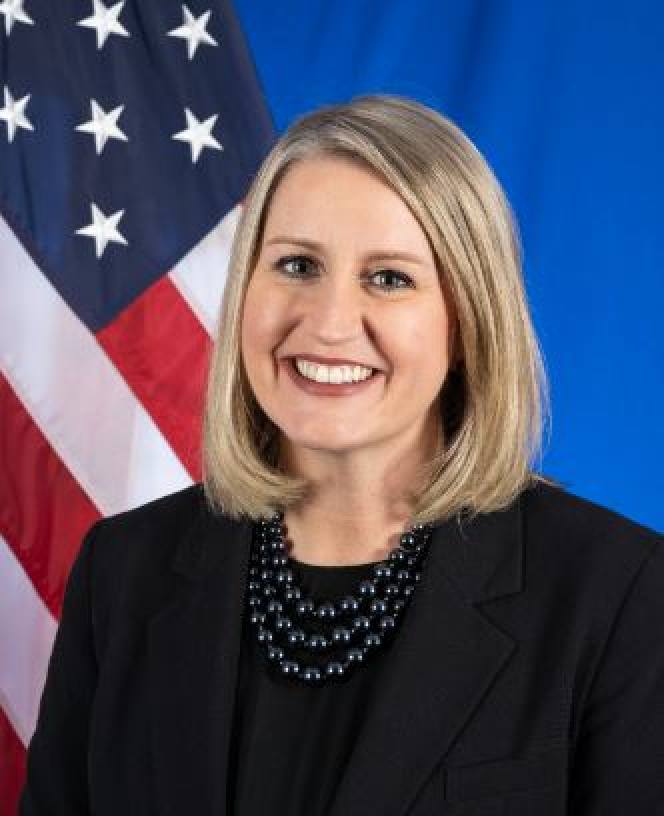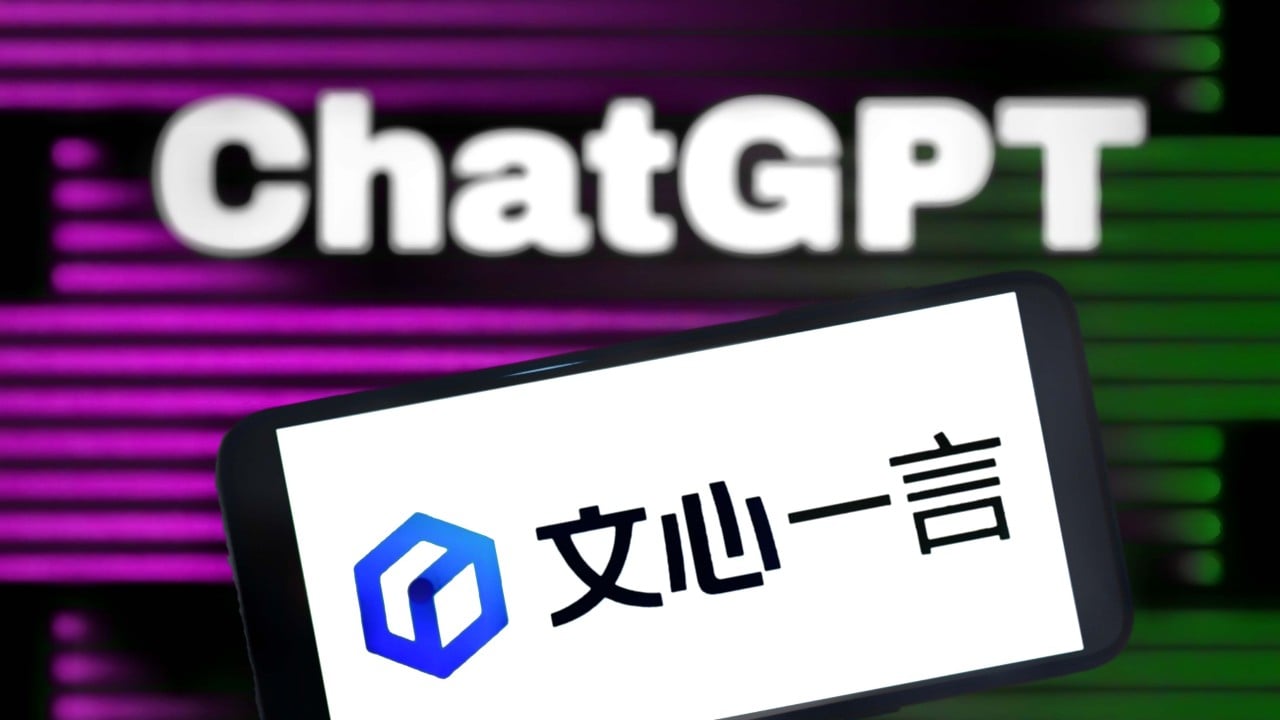But she added that “our relationship with China is one that we must manage to write the future of the world differently than in the past, and there are necessary opportunities for cooperation.”

“On the one hand, we condemn manipulation when we see it, but we also build relationships to be accountable for managing common issues,” she added.
A State Department report released in September said Beijing’s information operations include the use of propaganda, disinformation and censorship.
OpenAI, the technology company behind the artificial intelligence service ChatGPT, released a report on Thursday finding that influence groups from China, Russia, Iran and Israel have used its products to manipulate U.S. citizens, including through China’s Spamouflage campaign.
The Chinese Embassy in Washington did not immediately respond to a request for comment.
Allen acknowledged that the United States and many of its democratic allies have struggled to counter a flood of disinformation from foreign powers, but added that they are also cooperating, with about 17 memoranda of understanding signed between partners in the past year.
Part of the State Department’s efforts is to analyze and expose disinformation campaigns by China, Russia and others as a deterrent.
The second is to counter disinformation with credible information, such as when Washington released classified intelligence just before Russia invaded Ukraine in February 2022, predicting the attack before many in the Russian military knew what was coming.
But that comes with risks, she noted: “We have to be careful about hyping things up and not getting too excited about getting the hope that we can do it every time.”
Turkic issues are also a factor amid growing concerns about meddling in U.S. elections. The State Department can work to counter malign foreign powers abroad, but when foreign campaigns gain traction on U.S. soil, it becomes the responsibility of the Justice and Homeland Security departments.
And overseas, the Pentagon is conducting its own massive disinformation campaign.
Allen acknowledged that China is a worthy adversary to the United States, exerting influence in Africa and other parts of the world through internet connectivity, spreading 5G network standards and Huawei Technologies hardware.
It also often provides content from the state-run Xinhua News Agency for free to countries with few options.
But Washington is trying to counter, she said, citing efforts in Southeast Asia, a “highly contested” region between the U.S. and China.
Two years ago, Washington introduced a free news feed distributing content from The Associated Press and Reuters, she said, adding that it was also working with Japan and South Korea to offer similar programming in their languages in the region.
Allen said that while artificial intelligence systems are worrying, they may also be a double-edged sword: on the one hand, they could take disinformation to new levels, but on the other, they also offer new opportunities.

For example, the State Department has developed an in-house platform for translating U.S. policy messages and analyzing and tracking news into far more local languages than its own staff could ever hope to cover.
“If we expand this to all our embassies overseas, we could save 180,000 work hours next year,” she said. “This is a huge opportunity for us. What do we do with those 180,000 employee hours? We’re going to spend a lot of them on face-to-face people-to-people diplomacy and media relations.”
“It actually gives the U.S. a competitive advantage over China and Russia. People want to talk to the U.S..”


